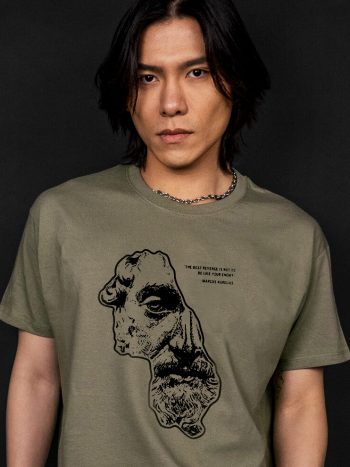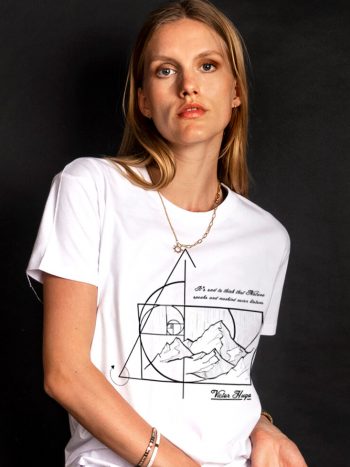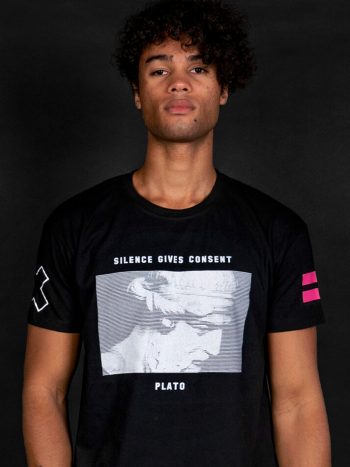Johann Wolfgang von Goethe, renowned German writer and polymath, is best known for his literary contributions. However, his political views and philosophical reflections on freedom are equally significant. Goethe’s astute observations on the nature of liberty and the dangers of self-deception continue to resonate today.
This article delves into Goethe‘s political ideology and examines the quote, “none are more hopelessly enslaved than those who believe that they are free,” as a profound expression of his understanding of personal and societal freedom.
The Political Ideology of Goethe
Goethe’s political views were complex and nuanced, evolving throughout his lifetime. He was not an overtly political figure, but his writings and personal experiences offer insights into his perspective on freedom and governance.
Goethe believed in the importance of individual freedom, autonomy, and self-expression. However, he also recognised the dangers of unchecked individualism and championed the idea of harmonising personal liberty with collective responsibility.
The Illusion of Freedom

Goethe’s quote, “none are more hopelessly enslaved than those who believe that they are free,” captures a profound truth about the human condition. It highlights the perilous nature of self-delusion, where individuals may falsely believe they possess freedom while being bound by invisible chains.
Goethe understood that true freedom extends beyond superficial appearances and requires an honest examination of societal structures and personal limitations.
The Nature of Enslavement

According to Goethe’s perspective, true enslavement is not solely confined to physical chains or overt oppression. It can also manifest through the internalisation of limiting beliefs, conformity to societal norms, or unquestioning adherence to dominant ideologies.
Goethe believed that individuals who embrace a false sense of freedom without critically questioning the systems and power dynamics at play are trapped in a cycle of submission and self-deception.
The Role of Critical Consciousness

Goethe’s quote encourages individuals to cultivate critical consciousness and challenge the illusions that impede genuine freedom. It emphasises the need for introspection and a deeper understanding of the complex forces that shape our lives.
By questioning prevailing narratives, examining power structures, and seeking a broader perspective, individuals can liberate themselves from the shackles of complacency and achieve true autonomy.
Freedom as a Dynamic Process
Goethe’s views on freedom align with the notion that liberty is not a static state but an ongoing process. He believed that freedom necessitates continuous engagement, self-reflection, and collective action. It requires a willingness to confront societal injustices, challenge oppressive norms, and advocate for change.
Goethe’s concept of freedom transcends individual rights and encompasses a responsibility to create a more just and equitable society.
Relevance in the Modern World

Goethe’s insights on freedom and self-deception remain highly relevant today. In an era marked by increasing polarisation, conformity, and misinformation, his words serve as a reminder to critically assess our beliefs and question the narratives that surround us.
Recognising the potential pitfalls of false freedom can empower individuals to actively seek authentic liberation and contribute to the construction of a more inclusive and just society.
Goethe’s political views and his quote, “none are more hopelessly enslaved than those who believe that they are free,” provide a thought-provoking perspective on the nature of freedom.
His understanding of personal and societal freedom reminds us that true liberation requires a vigilant examination of the illusions that hinder our progress.
While you’re here, check out these tees from our political philosophy clothing brand. By embracing critical consciousness and actively challenging oppressive structures, we can strive towards a more authentic and meaningful experience of freedom in our lives and society.



















